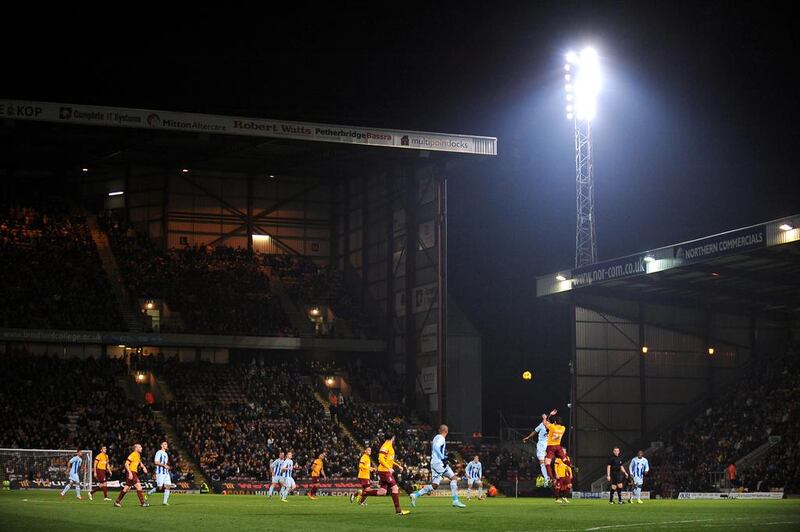“There’s been a lot of talk about the development of the game in this country, but if Bradford are anything to go by, we’ve got a long way to go. No build-up play, they were just banging it forward at every opportunity. That was Dark Ages football.”
– Steven Pressley, manager of Coventry City, speaking this week after a 3-3 draw against Bradford City.
Fans will be relieved to learn that Pressley has apologised for the comment above. And rightly so.
Firstly, such managerial slanging is always an unedifying sight. Secondly, and more importantly for the average fan on the terraces, Pressley was talking historic gobbledegook.
The Dark Ages – a term long debunked by leading historians – is generally understood to cover a period of approximately one thousand years between the end of the Roman Empire and the start of the Italian-led Renaissance.
Even if Pressley is naive enough to swallow the hokum that northern European civilisations can achieve nothing without the help of Italians, he should have the academic rigour to state roughly which period of the so-called Dark Ages he was likening Bradford to.
By his reference to their robust aerial tactics, we might assume that Pressley was thinking of the medieval siege engine, a hefty piece of kit used extensively in the High Middle Ages to deliver projectiles over long distances. That is certainly one way to describe the Bradford back four.
He should surely know that similar devices were used by the ancient Greeks. In which case, he should have said Bradford’s tactics were Archaic, if not Hellenic.
Another factor which might support his Dark Age theory is the ethnic make-up of Bradford’s squad, only three of whom hail from outside the British Isles. So, he might have a case to claim Bradford are from the start of the Dark Ages, in the pre-Migration Period.
Yet this claim would be hotly contested by Bradford manager Phil Parkinson, who said of Pressley: “He has only just arrived in England so he isn’t aware of our progress over the last 18 months. We play with balance. We like to get the balls out wide and put crosses into the box.”
A period of rapid improvement using classical techniques? Is Parkinson putting his team firmly in the Renaissance category? Indeed, some teams can legitimately be said to represent entirely different time periods.
One Saturday, your boys might be heading to hostile territory, looking for an early goal, then retreating to the safety of their own half. The classic smash-and-grab tactics of the Viking Age.
The following weekend, however, they seek to dazzle their own fans with a display of aesthetic beauty. From the long boats to Romanticism in just seven days. For other fans, the competing time periods will run concurrently.
West Ham fans may complain that Sam Allardyce’s tactics are too Industrial Revolution: a joyless fixation upon efficiency and production over artisanal flair.
However, Allardyce would be the first to cite his pioneering use of technology and methodology from the Americas, which has infused his teams with an Age of Discovery flavour.
History is all about interpretation. There are few certainties – apart from the fact that any team which plays with a false number nine is definitely from the Age of Enlightenment.
Everyone knows that.
sports@thenational.ae
Follow us on twitter at @SprtNationalUAE





